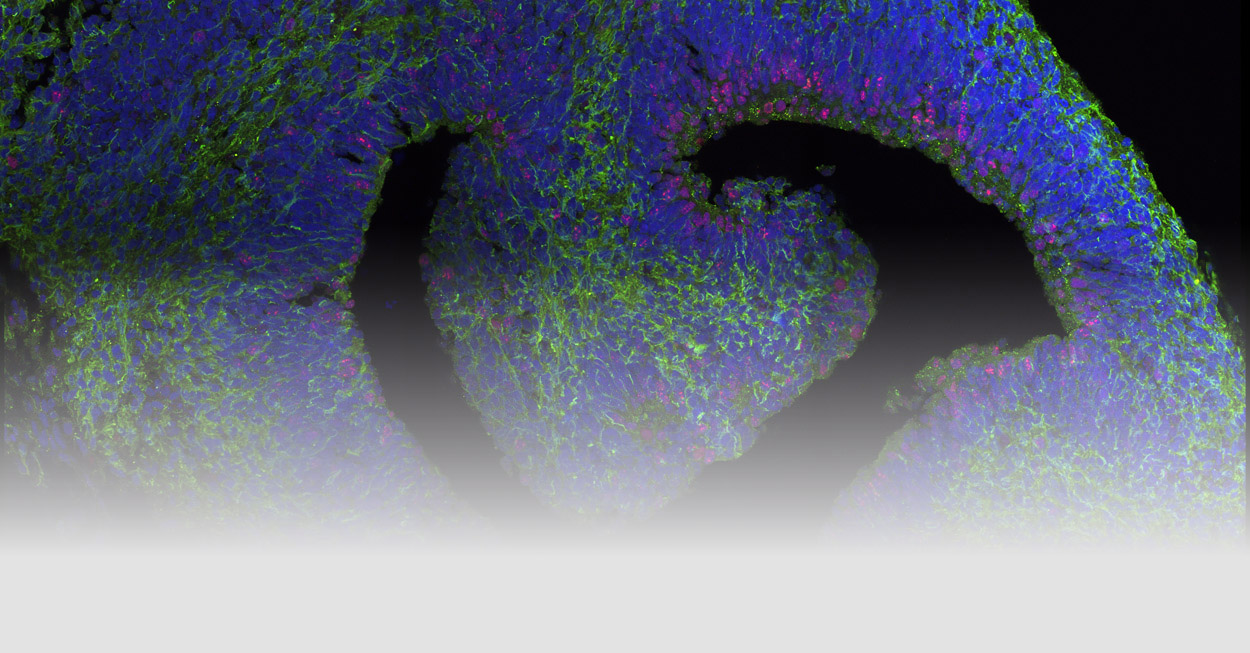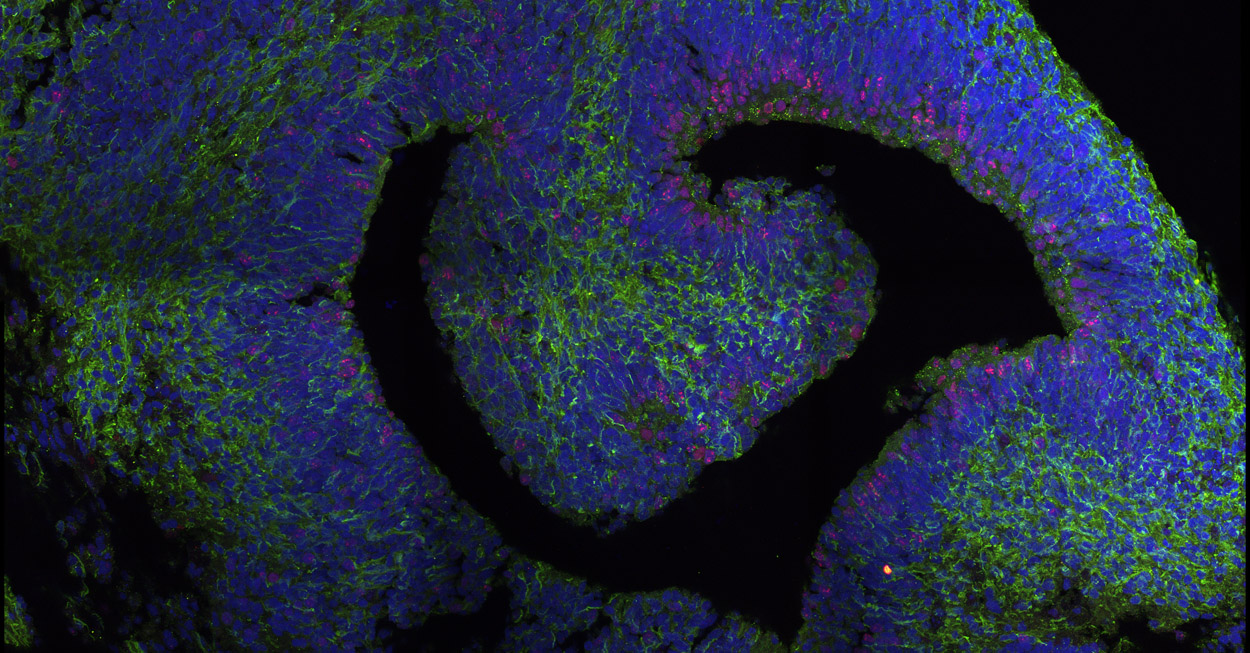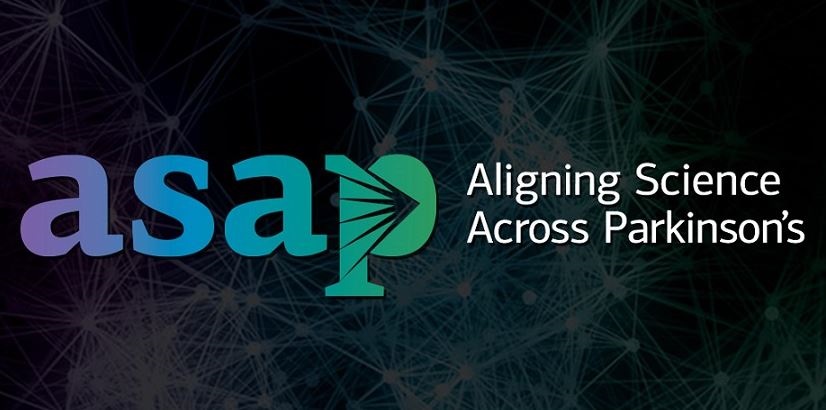

I. Observational Cohort Studies
The goal of our observational and biomarker studies is the stratification of patients according to clinical features, imaging patterns and genetic architecture, in order to uncover underlying pathologic processes, possibly reflected by distinct biomarker profiles in patient materials such as blood and cerebrospinal fluid.
Within the DZNE-funded DESCRIBE studies, detailed longitudinal clinical phenotyping is done in the framework of routine medical care. The aim of the DESCRIBE-PD and DESCRIBE-PSP studies is the improvement of early diagnosis and the development of well-characterized trial ready cohorts in neurodegenerative diseases, in sporadic and genetic variants of PD and supranuclear gaze palsy (PSP).
The PPMI is a landmark observational clinical study sponsored by the Michael J. Fox Foundation following prodromal, sporadic and genetic cases of PD, with participating centers in the United States, Europe, Israel, and Australia. The cohorts are comprehensively assessed using advanced imaging, biologic sampling, and clinical and behavioral assessments to identify biomarkers of progression in PD. The Tübingen site is one of the major contributors to this study.
- Amyloid-beta in CSF as risk factor for cognitive dysfunction in PD (ABC-PD)
In this longitudinal monocenter study, worsening of cognition of 280 sporadic PD patients stratified according to their biomarker (Aß42 pathology) or clinical profile (activity of daily living function) are evaluated. The study is funded by JANSSEN PHARMACEUTICA N.V and the Michael J. Fox Foundation.
II. Interventional studies
Current treatments for PD manage the early motor symptoms of the disease, mainly through the use of dopamine replacement therapy. In later disease stages patients often develop side effects such as motor complications including response oscillations, wearing-off phenomena and drug-induced dyskinesias. New pharmacological multicenter international trials target specific pathomechanisms (e.g. aggregated forms of α-synuclein, oxidative stress-induced cell death) to slow down or halt the progression of PD by preventing cell-to-cell spreading of pathology. Groups of the DefeatPD consortium participate in many of the most innovative studies:
- ACT14820 (Sponsor Sanofi-Aventis Deutschland GmbH)
Multicenter, randomized, double-blind, placebo-controlled study to assess the efficacy, safety, pharmacokinetics, and pharmacodynamics of GZ/SAR402671 in patients with early-stage Parkinson's disease carrying a GBA mutation or other pre-specified variant (MOVES-PD)
- BP39529 (Sponsor Roche Pharma AG)
A randomized, double-blind, placebocontrolled, 52 weeks phase II study to evaluate the efficacy of intravenous RO7046015 (PRX002) in participants with early Parkinson's disease with a 52-week blinded extension (PASADENA)
- EPI589-15-002 (Sponsor Edison Pharmacdeuticals Inc)
A Phase 2A Safety and Biomarker Study of EPI-589 in Mitochondrial Subtype and Idiopathic Parkinson's Disease Subjects
III. Non-pharmacological treatments
Within the national multicenter Train-ParC (Training Parkinson patients´ Cognition) initiative, the efficacy of promising non-pharmacological treatment approaches, such as cognitive training and cognitive stimulation, is evaluated in PD patients with mild cognitive impairment (PD-MCI) and Parkinson´s disease dementia (PDD). Main target outcomes are prevention of cognitive decline and improvement of patients´ health-related quality of life (HRQL). Patients were randomized either to cognitive or an active control training (physiotherapy), performed in group sessions two times a week.




